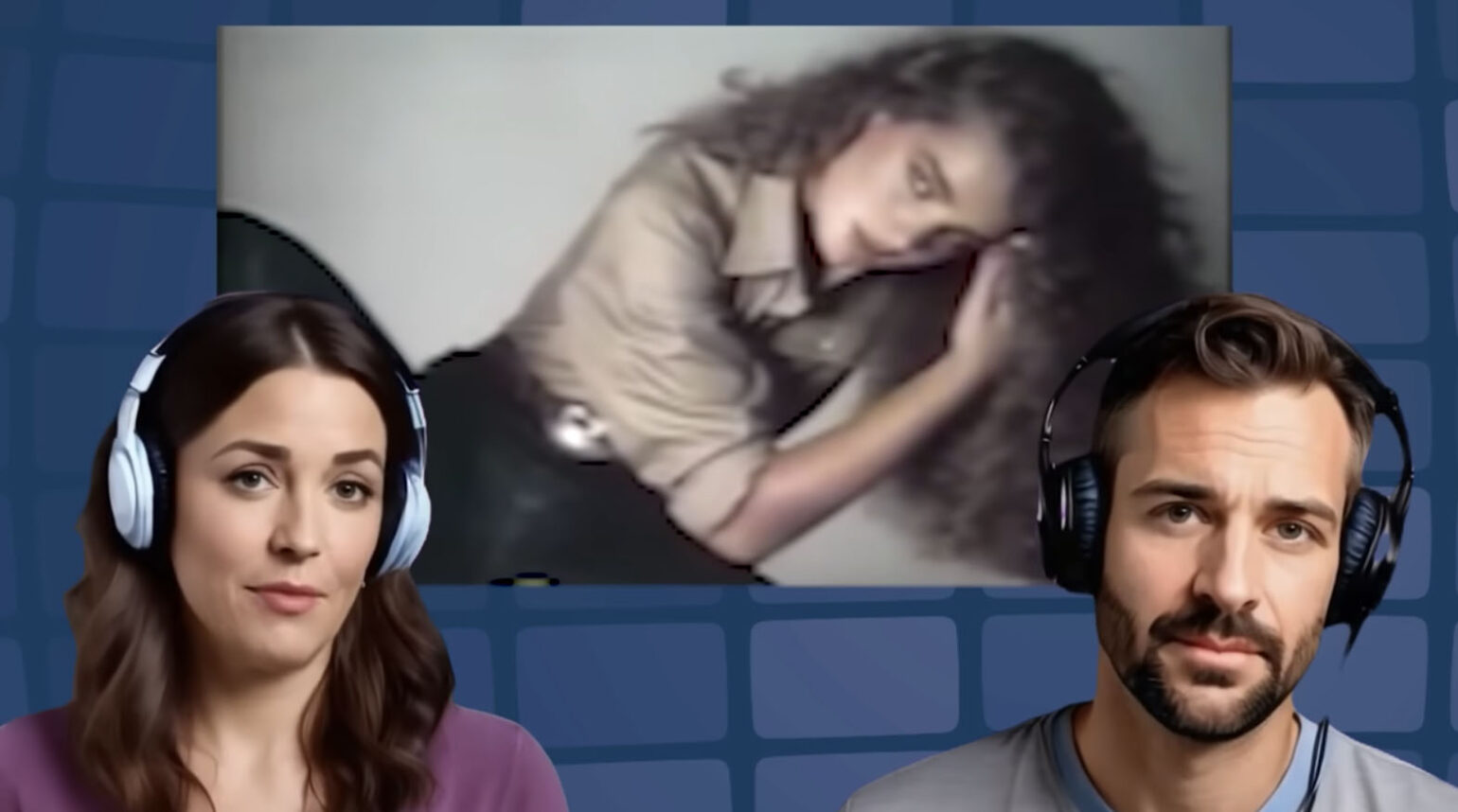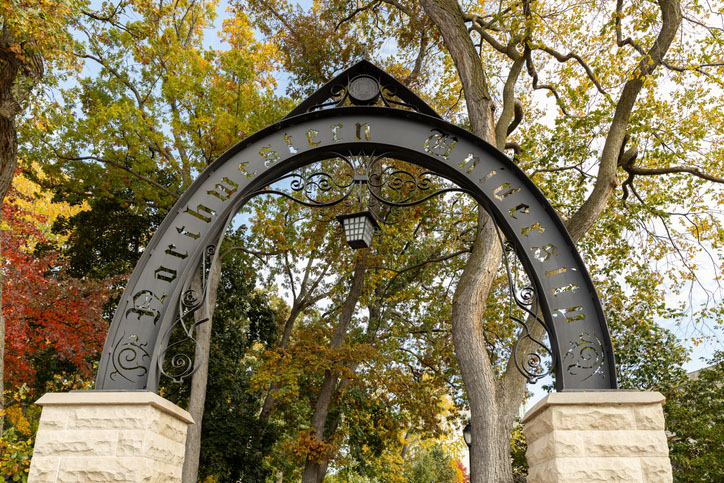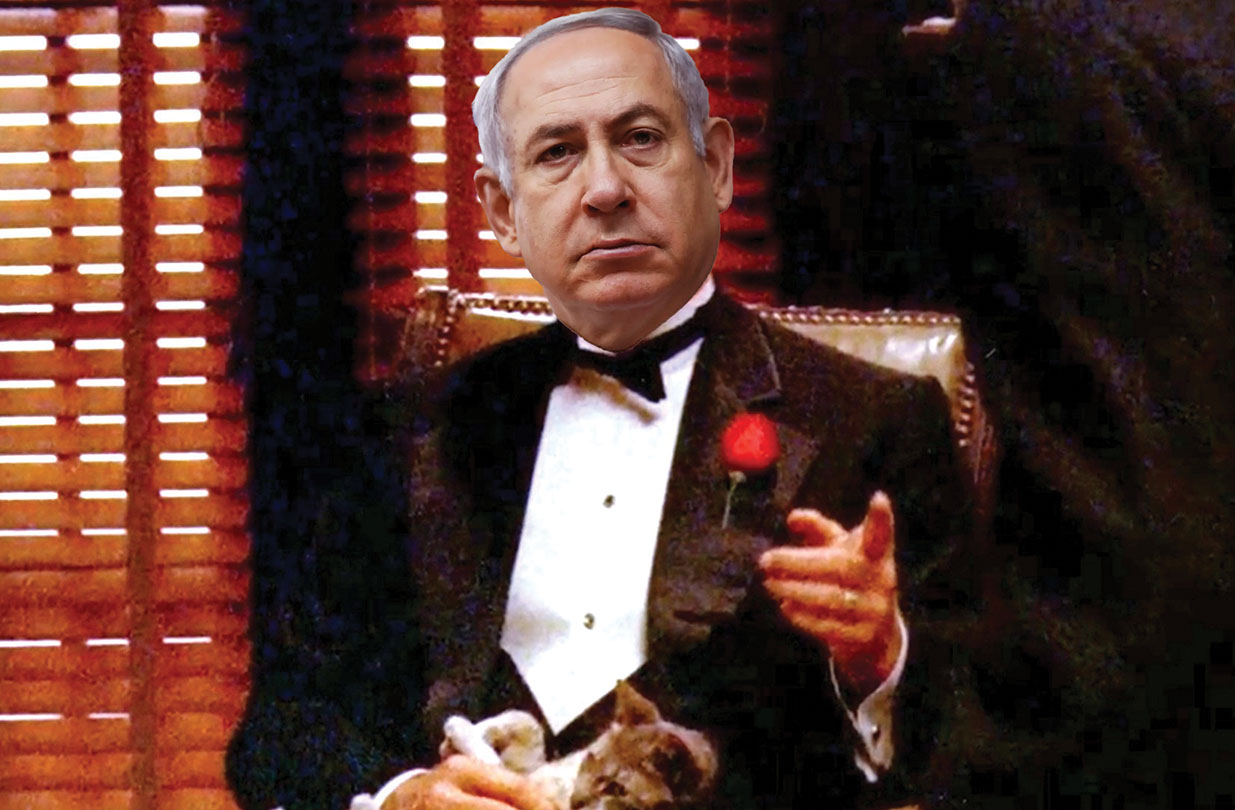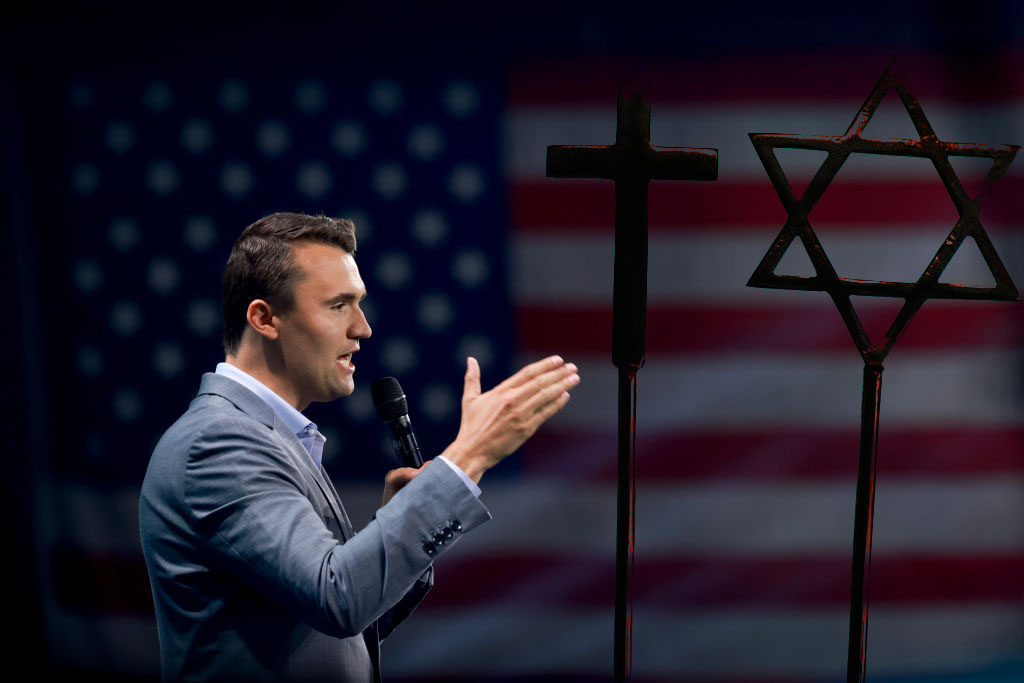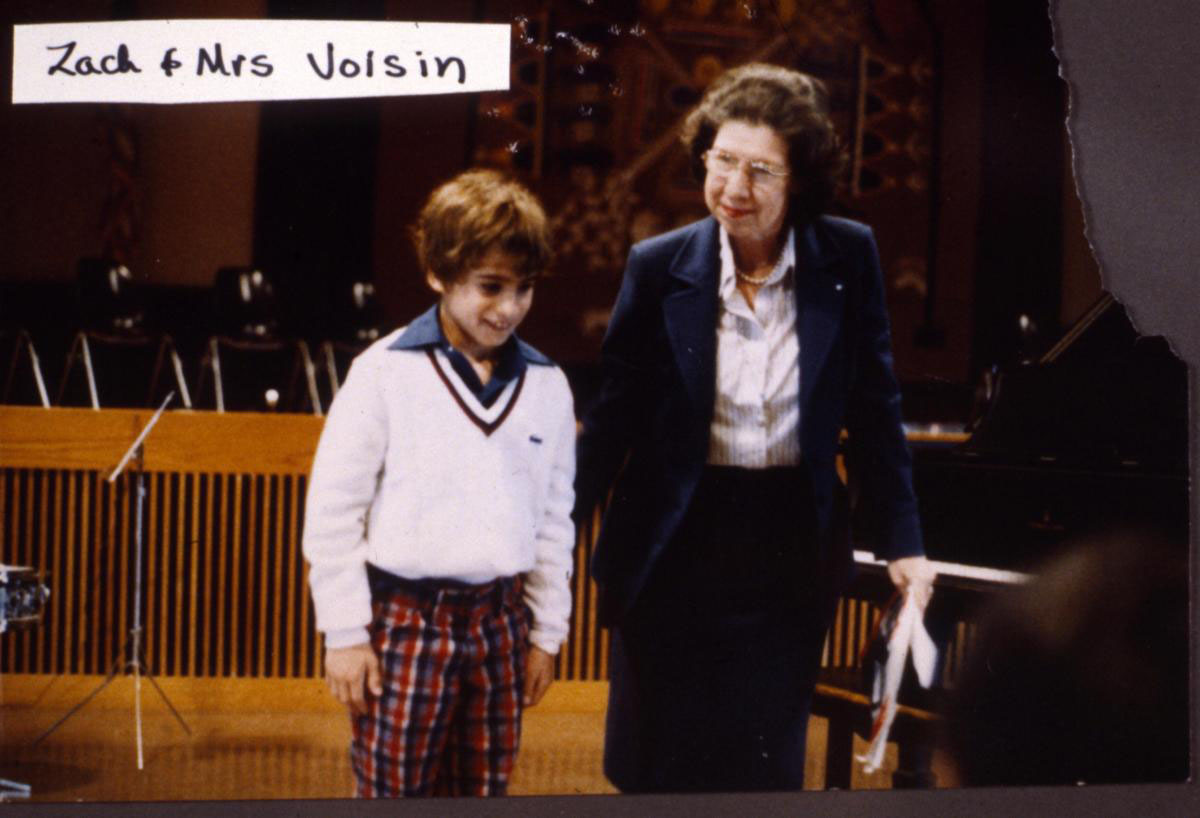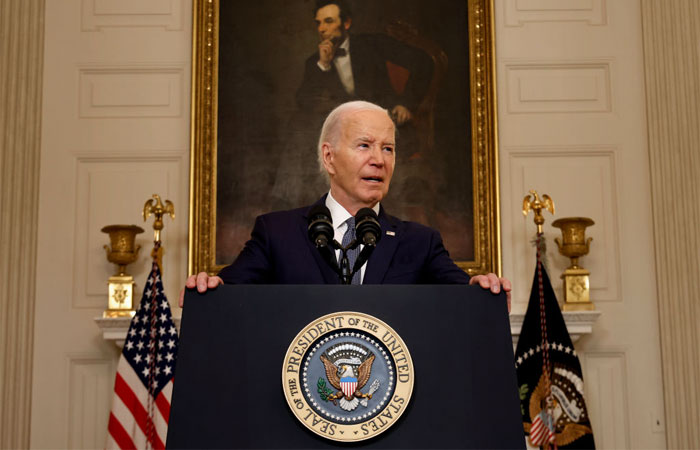
It was not a coincidence that Joe Biden chose the day after Donald Trump’s conviction to announce a new proposal for an Israel-Hamas ceasefire. For months now, many progressive Democrats have threatened to either vote for a third-party candidate or sit out the election entirely because of their dissatisfaction with the way he has handled the crisis in Gaza. But their argument that there is no difference between the two men is much harder to make when one of them is a convicted felon.
That said, the president and his advisors understand that while a guilty verdict against his opponent may increase the likelihood of those recalcitrant liberals casting their ballots for him, there is still more work to be done to convince them to vote for the Democratic nominee. That’s why, less than 24 hours after Trump left his courtroom, Biden was delivering a high-profile speech about a potential pathway to Middle East peace.
When Biden presented the concept — which would start with a six-week ceasefire and a partial hostage/prisoner exchange before leading to a theoretically permanent end of combat, the release of all remaining hostages and full Israeli withdrawal — he indicated that it was an Israeli proposal that had not yet been made public. So it was somewhat confusing when Israel failed to support an initiative that Biden had identified as coming from their own government. (As one critic of Prime Minister Benjamin Netanyahu asked, “Does Bibi support Netanyahu’s proposal?”)
The Israeli government then issued two seemingly contradictory statements the next day, the first confirming that they had “authorized” the proposal but then releasing a second statement that stated that any agreement that did not include the complete elimination of Hamas – which the plan does not do – was a “nonstarter.” Biden had clearly anticipated this criticism, saying in his remarks that “at this point, Hamas is no longer capable of carrying out another Oct. 7.”
That assertion is Biden’s attempt to square a diplomatic circle that has been the primary obstacle to progress for months. Hamas refuses to negotiate any agreement that does not allow for its survival, while Israel is unwilling to be part of any deal that allows the terrorist organization to survive. Biden’s contention that Hamas has been sufficiently weakened is inadequate to the most conservative members of Netanyahu’s governing coalition, but a growing portion of the Israeli population may be edging closer to accepting such a compromise. Last weekend, more than 100,000 demonstrators marched in Tel Aviv and Jerusalem in support of the hostages’ release, many chanting “Toda Biden” in support of his speech.
Somewhere between his party’s rightward flank and his country’s populist angst stands Netanyahu, whose months-long balancing act is becoming even harder for the Israeli leader to maintain. His coalition allies in the Knesset have promised to leave his coalition and bring down his government if he were to agree to such an offer. Opposition leaders have indicated that they would provide the votes for Netanyahu to maintain his majority and remain in office in exchange for his endorsement of the plan (much as congressional Democrats in the U.S. have propped up House Speaker Mike Johnson after his vote for aid for Ukraine earlier this year). Netanyahu seems less inclined to rely on his foes for his political survival, but his options may be shrinking.
At this point, Biden doesn’t care all that much whether the Israeli leader who signs off on a peace treaty is Netanyahu or someone else. He just needs a deal. The president knows that there won’t an Israel-Saudi Arabia partnership until the Hamas war is over, which means there is no hope for a sustainable peace unless he can find a way to break the current logjam. But more immediately, he also knows he can’t win reelection without a more enthusiastic Democratic base. That won’t happen until the war is over.
The president’s endgame is clear — in Washington and Jerusalem, in Riyadh and Ramallah. What we can’t see yet is whether he has finally found the first step in the path to getting there.
The president’s endgame is clear — in Washington and Jerusalem, in Riyadh and Ramallah. What we can’t see yet is whether he has finally found the first step in the path to getting there.
Dan Schnur is the U.S. Politics Editor for the Jewish Journal. He teaches courses in politics, communications, and leadership at UC Berkeley, USC and Pepperdine. He hosts the monthly webinar “The Dan Schnur Political Report” for the Los Angeles World Affairs Council & Town Hall. Follow Dan’s work at www.danschnurpolitics.com.









